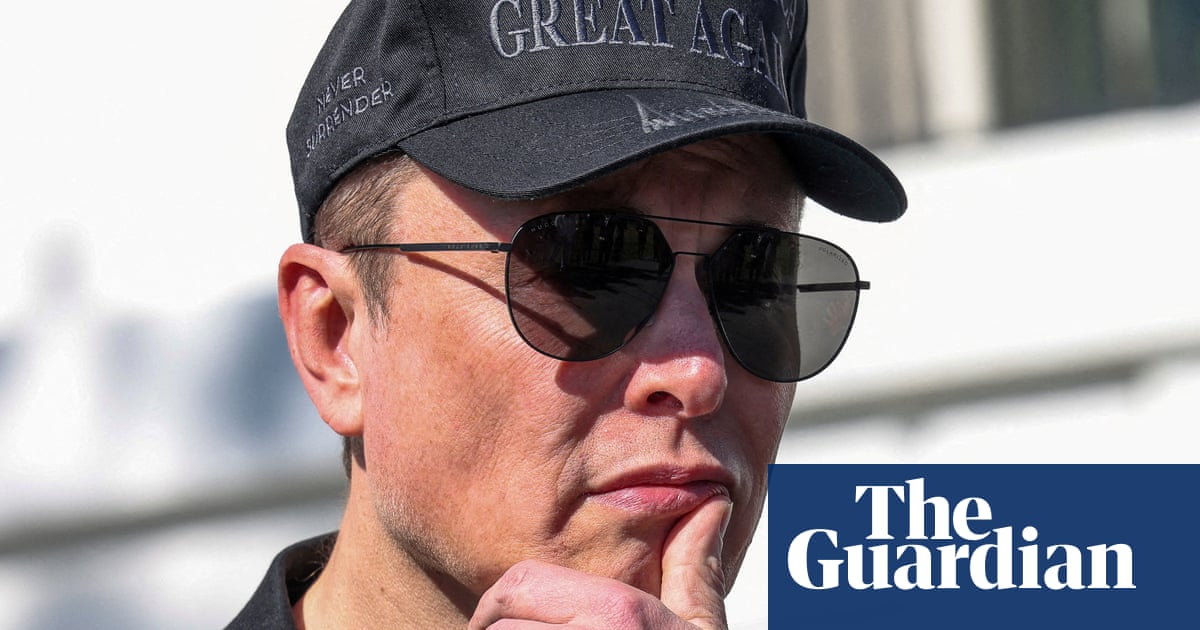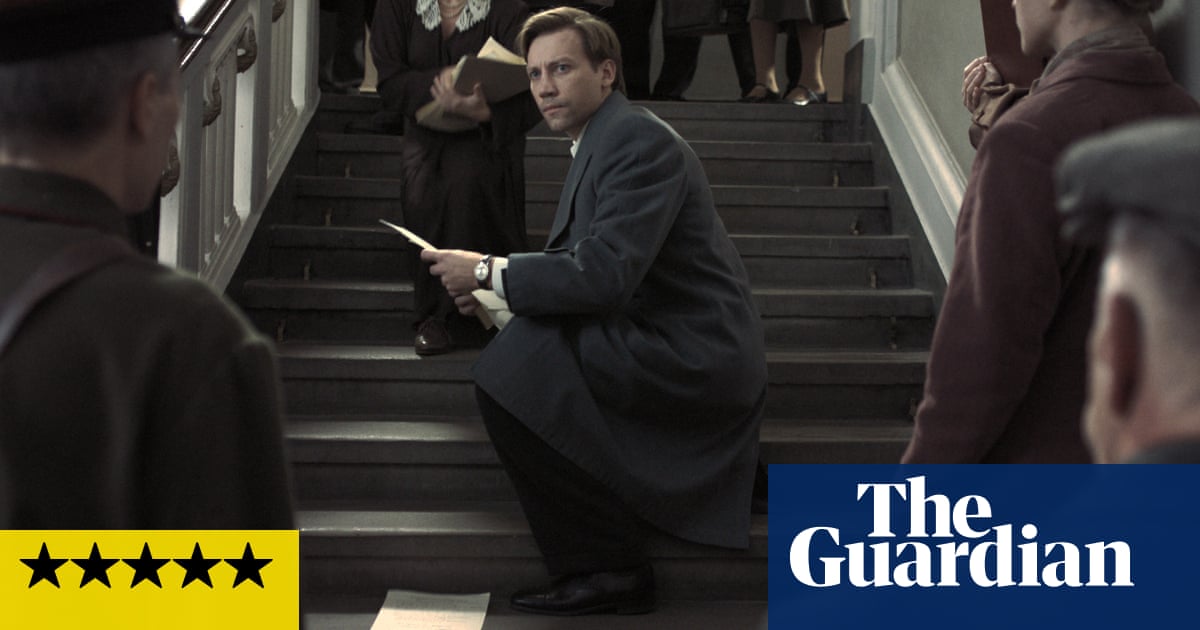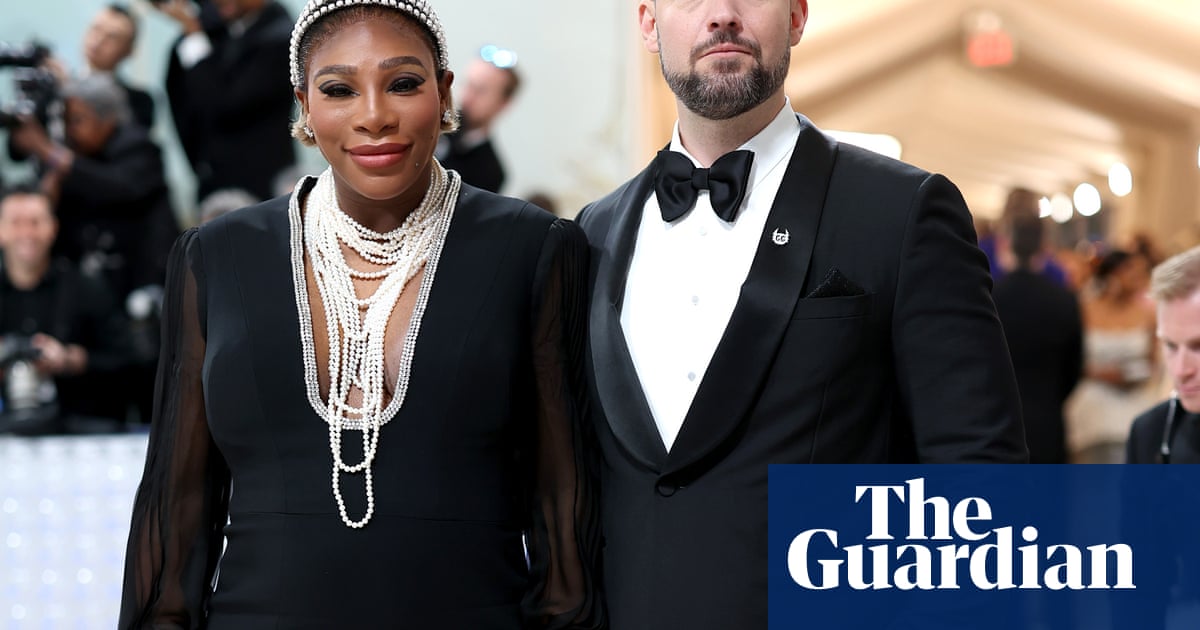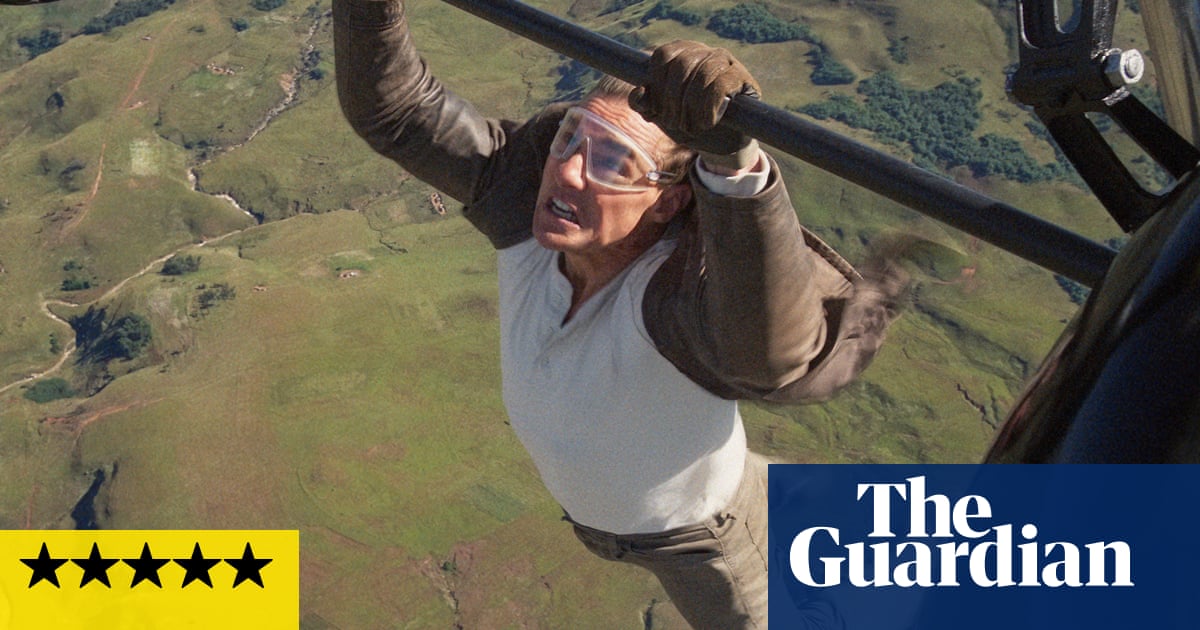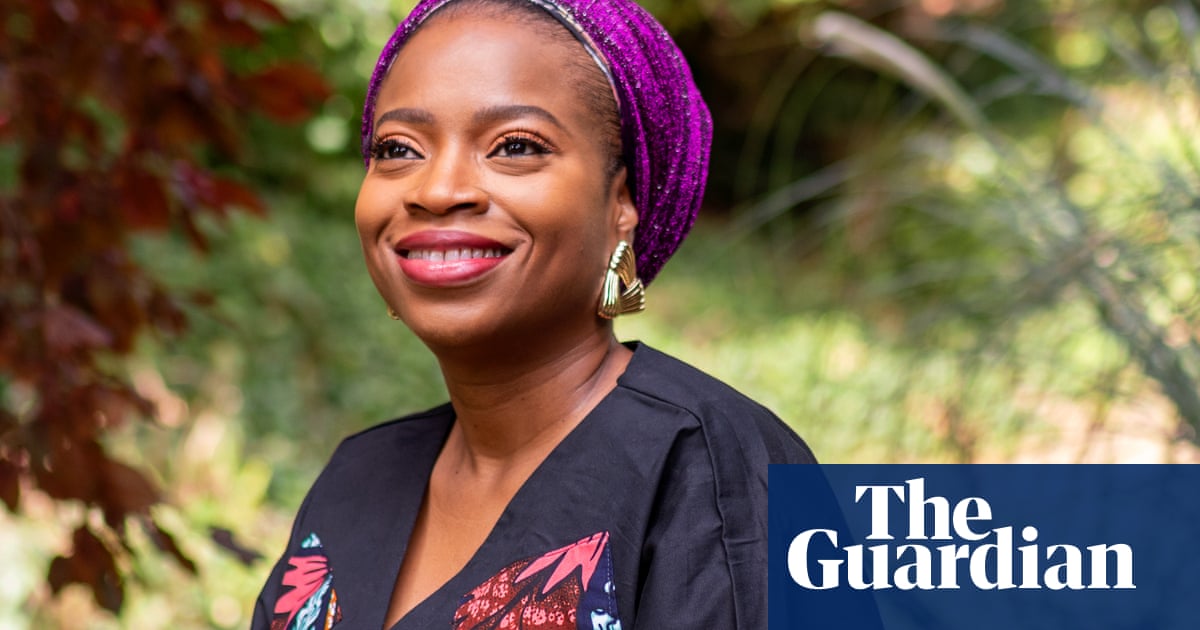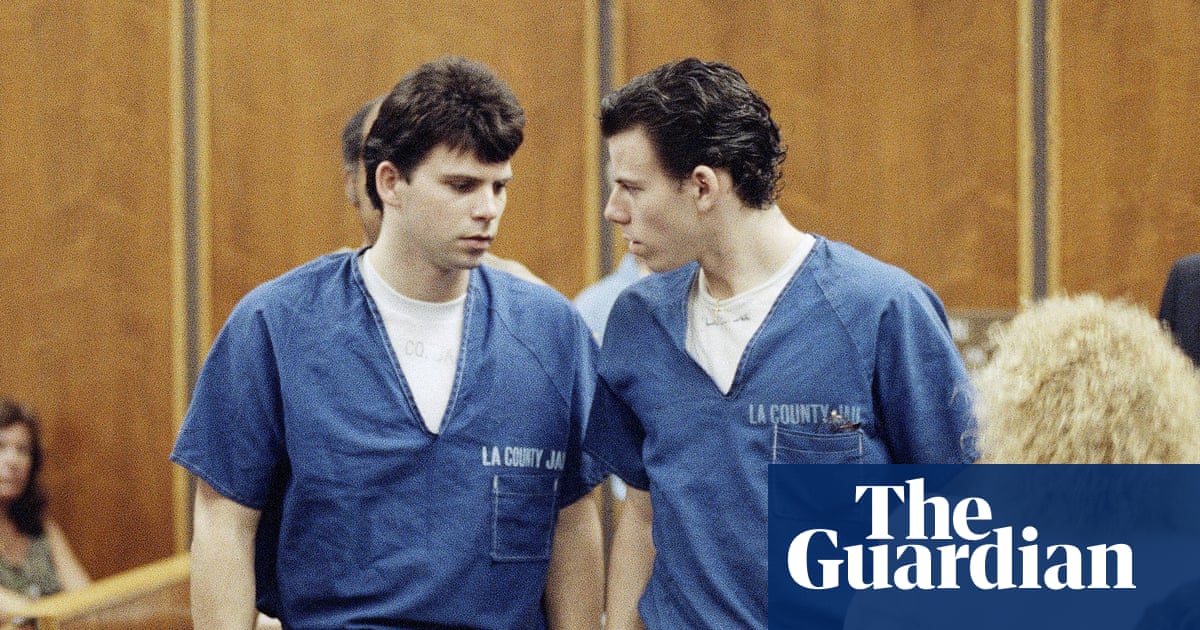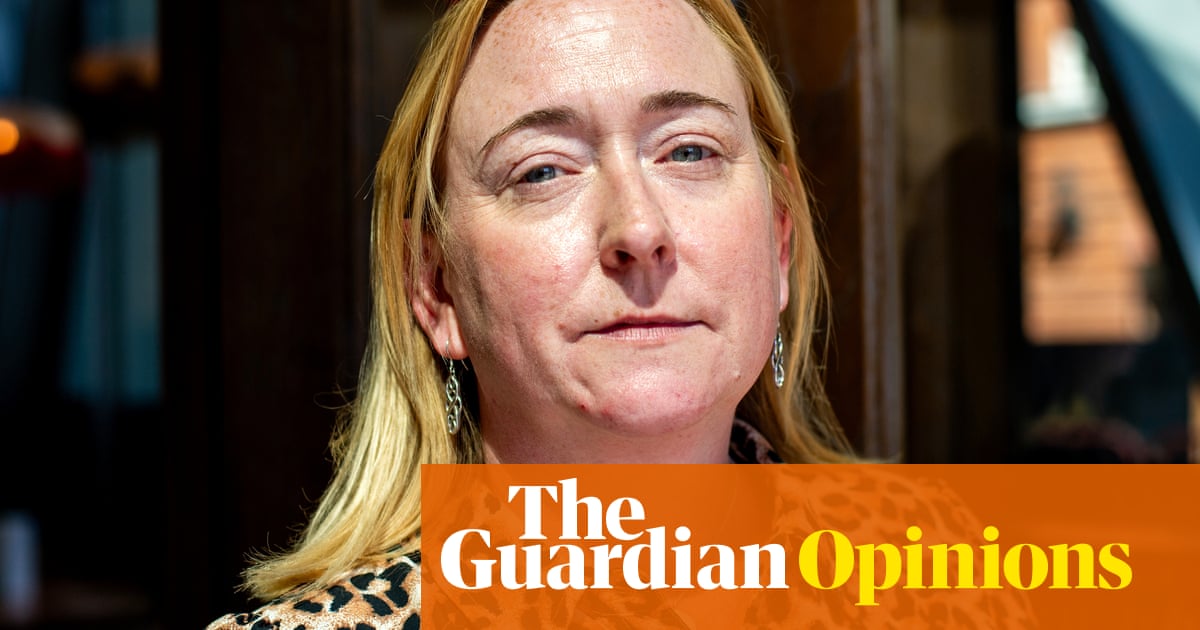‘When the legend becomes fact, print the legend.” So runs the most famous line from John Ford’s elegiac 1962 western The Man Who Shot Liberty Valance. The 44-year-old historian Karina Longworth has other ideas. The former LA Weekly film critic launched her podcast, You Must Remember This, in 2014, setting out to tell “the secret and/or forgotten histories of Hollywood’s first century”, as she puts it in the show’s introduction. Its title is lifted from the jazz standard As Time Goes By (“You must remember this / A kiss is still a kiss …”) as featured in Casablanca. Hearing that wistful, timeworn lyric, it is easy to overlook the imperative hiding in plain sight. With each fastidiously researched and gloriously entertaining episode, Longworth seems to be telling us: you must remember this. To not do so, or to allow fact to curdle into legend, would be unconscionable.

“I don’t want to be a schoolmarm scolding people for forgetting,” she says from a sunny upstairs room in the Los Angeles home she shares with her husband, Rian Johnson, director of the Knives Out whodunnits and Star Wars: The Last Jedi. “But I think we can only understand where we are at and where we’re going if we look to where we’ve been.”
One reason she steers clear of modern topics on the podcast is the possible conflict of interest with her husband’s career. Jamie Lee Curtis’s appearance in the original Knives Out, for instance, precluded Longworth from ever making an episode about that actor’s parents, Janet Leigh and Tony Curtis, even though they would be ideal subjects. As if further evidence were needed of her passion for the past, a framed poster of Marcel Pagnol’s 1936 melodrama César dominates the wall behind her today. Later, she will dismiss several questions about modern Hollywood with the same bored riposte: “I don’t care about new movies.”
That was one of the reasons she hung up her pen at the LA Weekly in 2012. Shortly before quitting, she mocked James Bond’s backstory in Skyfall as his “formative sads” and wrote the film off as “Downton Abbey with cybercrime and shower sex”. She dismissed Woody Allen’s Midnight in Paris as “a Bill and Ted sequel for cultural studies majors”, and said Joss Whedon was “crippled by his short-term need to please the crowd” in the first Avengers movie.
Film criticism’s loss is cinema history’s gain. Over 11 years of You Must Remember This, Longworth has covered in granular, invigorating detail everything from the anti-communist blacklist to the influence of Charles Manson and the Hollywood phenomenon of the dead blonde. She is a factchecker par excellence – a full 19 episodes were devoted to clearing up the scurrilous, spiteful untruths in Kenneth Anger’s gossip bible Hollywood Babylon. She is also the ally any neglected genius would want on their side, as proved by her season on the late Polly Platt, a largely unsung figure in the careers of Peter Bogdanovich and Wes Anderson.

The latest series, The Old Man Is Still Alive, addresses the declining years of 14 cinematic titans, among them Vincente Minnelli, whose visually groundbreaking The Four Horsemen of the Apocalypse sparked the idea for the season after Longworth saw it in Paris on a rainy Saturday evening in 2023. “It’s from the early 1960s but it feels proto-psychedelic. Seeing it reminded me why I started the podcast: to talk about things that have been forgotten.”
With that in mind, she gives us the Hitchcock not of Vertigo and Psycho but of the astringent Frenzy and the meandering Family Plot; the John Ford of Cheyenne Autumn, a well-meaning if not wholly effective critique of the western’s values; and the Billy Wilder drawn back to the mournful territory of Sunset Boulevard in Fedora.
It’s fascinating to hear Longworth charting the corkscrew turns these film-makers took as they twisted themselves out of shape trying to keep up with the times. But there’s no escaping the fact that she has taken on a supremely unfashionable topic: dead white men. A deliberate provocation? “No, it’s what I’m legitimately interested in,” she scoffs. “My podcast is really hard to make. I can only do it if I care about the subject. Sure, in the world right now there is anger at specific older white men. Part of it is an impulse to say: ‘We should just burn it all down and start again.’ But history makes us who we are today.”

As a student, she was taught the importance of DW Griffith, the director of The Birth of a Nation. “There was only a cursory conversation around whether the film was racist,” she recalls.
“It was primarily all about the technique. I don’t think that’s the way to do it either, but nor do I think we should burn all copies of The Birth of a Nation. That sets a dangerous precedent.”
The phrase “institutional memory” crops up in the new series, and it is this, along with the nuance of considered investigation over kneejerk reaction, that Longworth is fighting to defend. That said, people today are time-poor and inundated with viewing options. With the BFI Southbank hosting a month-long series of the movies covered in the podcast, some of which Longworth will be introducing in person, how does she think potential audiences will respond to the invitation to sample, say, The Only Game in Town, starring Warren Beatty and Elizabeth Taylor? By her own admission, it is “the least successful of the George Stevens films I’ve seen, [though] aesthetically it has its moments”. Hardly a ringing endorsement. “I don’t care,” she shrugs. “I’m not trying to change the paradigm. I’m just reacting to movies the way I react to them.”
after newsletter promotion

By and large, the age of 60 is the point at which these figures, many of whom began their careers in the silent era, “got weird” as they struggled to adapt to cultural changes. When I suggest that ageism is no longer as prevalent now that Martin Scorsese is revered at 82, while Ridley Scott is whooshing along like a runaway train at 87, she disagrees vehemently. “Look at Megalopolis and the way Coppola was treated as if he was a doddering old man foolishly spending his family’s legacy. Even with Scorsese, there’s this sense of: ‘Aw, the old man is trying to do something else before he dies!’ And that’s the positive spin. The negative one is: ‘Why won’t he just make shorter movies?’”
Along with erudition and tireless research, listeners of You Must Remember This get Longworth’s shimmering writing (on William Wyler’s How to Steal a Million: “Dressed in a slip, a car coat and rain boots, Audrey Hepburn invents grunge”) and plenty of shade (to anyone defending Otto Preminger’s last film, The Human Factor, she says: “You do you, babe”). It’s all delivered in her alluring conspiratorial tones, which suggest a film noir schemer. Or, as one online fan put it, “a sexy ghost”.
When I ask how this exaggerated vocal style evolved from the chattier early episodes, she looks unimpressed. “I’m not trying to do anything differently,” she says. One indisputable change in the new season is that, to adapt TS Eliot and Charles Dickens, she do the directors in different voices. Whereas she once hired actors, even enlisting her husband to play John Huston, she now takes on every role herself, including an amusing Hitchcock with a severe case of irritable vowel syndrome.
Does this have anything to do with her own background as a would-be child actor in LA? “I’m not acting,” she says firmly. “I’m doing what I would do if I were telling these stories at a cocktail party.” It was her mother who steered her into auditions as a child. “She wanted to be an artist and a model. When she had me, she stopped pursuing work outside of the house. That was not the right decision for her, and she killed herself when I was 11. She was in a situation common to many people of her generation: they had been told to want something and then, when they got it, it wasn’t fulfilling and they didn’t know what to do about that.”
Longworth’s acting career was short-lived. “I had trouble controlling my body and my face. A lot of that came from nervousness at being looked at. I still don’t like it. The podcast is the only way I can be free to do any kind of performance because nobody’s watching.” Channelling Greta Garbo and providing our conversation with a natural end, she says: “I want to be alone.”

 1 month ago
29
1 month ago
29


